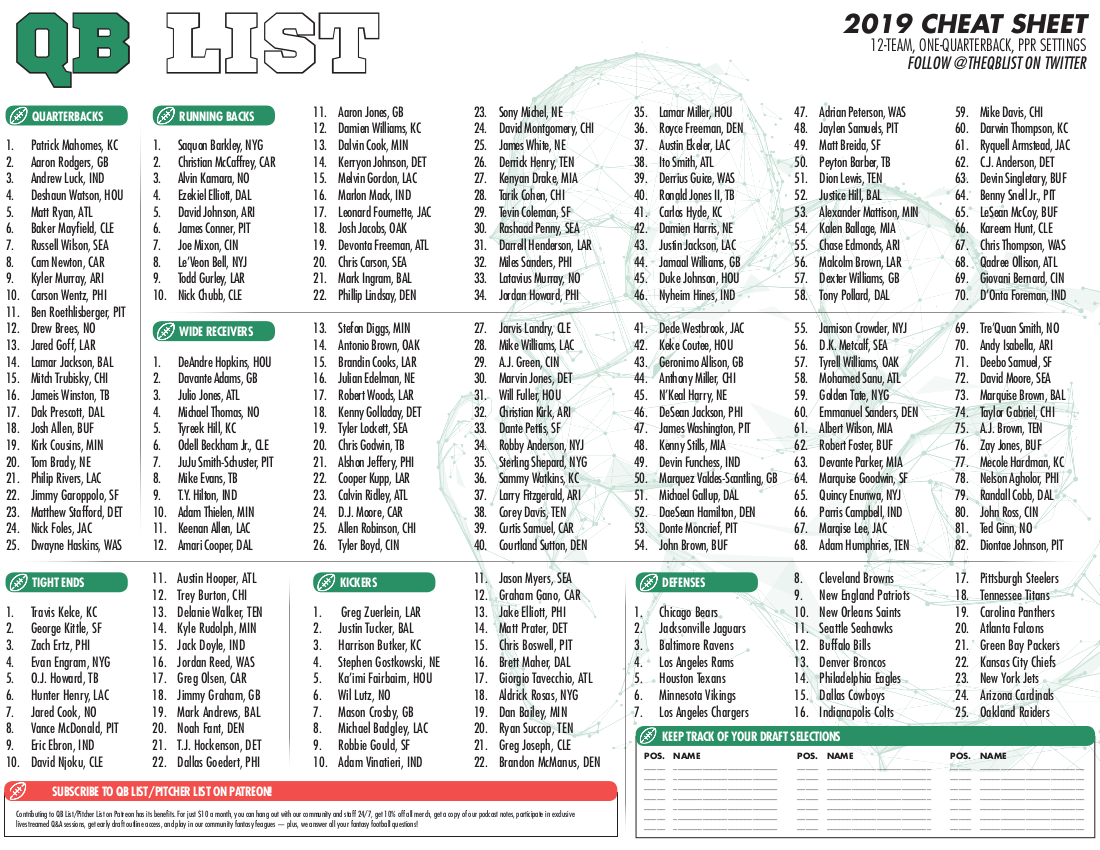Hashtag fantasy basketball rankings are essential for navigating the complex world of fantasy basketball. This guide delves into the various ranking systems, their sources, and their impact on player valuation and team strategies. We’ll explore how these rankings are generated, their reliability, and how they’re shaping the online fantasy basketball community.
From understanding the different types of rankings available (overall, position-specific, points-based, etc.) to analyzing the influence of social media and community engagement, we aim to provide a comprehensive overview. We will also examine the evolution of ranking systems, the role of data analysis, and the future trends shaping this dynamic landscape.
Understanding Hashtag Fantasy Basketball Rankings
Hashtag fantasy basketball rankings are a crucial element of the online fantasy basketball community, providing readily accessible information to aid in player selection, team management, and overall strategic decision-making. These rankings, disseminated widely across various platforms, leverage data analysis and expert opinions to provide a structured overview of player performance and potential.
Types of Fantasy Basketball Rankings
Several types of rankings cater to different fantasy basketball formats and strategic approaches. Overall rankings list players irrespective of their position, useful for leagues with flexible roster construction. Position-specific rankings, conversely, focus on players within each position (point guard, shooting guard, small forward, power forward, center), facilitating optimized roster building. Points-based rankings prioritize players with high point totals, while others might emphasize categories like rebounds, assists, steals, or blocks, depending on the league’s scoring system.
Influence on Player Selection and Team Strategies
Fantasy basketball rankings significantly influence player selection and team strategies. They guide draft order decisions, informing players on which players to target at specific draft positions. Furthermore, they assist in identifying undervalued players to acquire through trades or the waiver wire, and also help in evaluating the relative strengths and weaknesses of different team compositions.
| Ranking System Name | Source | Ranking Criteria | Update Frequency |
|---|---|---|---|
| ESPN Fantasy Basketball Rankings | ESPN | Projected points, statistical projections, expert analysis | Daily |
| Yahoo! Fantasy Basketball Rankings | Yahoo! | Historical performance, projected stats, algorithm-based predictions | Daily |
| CBS Sports Fantasy Basketball Rankings | CBS Sports | Combination of statistical analysis and expert input | Daily |
| Rotoworld Fantasy Basketball Rankings | Rotoworld | Statistical analysis, news, and injury reports | Daily |
Sources and Reliability of Rankings
Numerous sources provide fantasy basketball rankings, each with varying levels of reliability and accuracy. Understanding these differences is critical for informed decision-making. The accuracy of rankings hinges on several factors, including the quality and comprehensiveness of data sources, the sophistication of algorithms used for prediction, and the expertise of analysts involved in the ranking process.
Reliability and Accuracy of Ranking Sources

Source: pitcherlist.com
Website-based rankings, like those from ESPN, Yahoo!, and CBS Sports, often utilize extensive historical data and advanced statistical models. Mobile applications may offer more personalized rankings, but their data sources and algorithms may be less transparent. Social media platforms, while providing community-driven insights, are less reliable for formal rankings due to the lack of rigorous data analysis and potential for bias.
| Source Name | Data Accuracy | Methodology Transparency | User Reviews |
|---|---|---|---|
| ESPN | High | Moderate | Generally positive |
| Yahoo! | High | Moderate | Generally positive |
| Rotoworld | High | High | Generally positive |
Impact on Player Value and Decision-Making
Fantasy basketball rankings profoundly influence player perceived value and subsequent decision-making processes. They shape draft strategies, influencing which players are selected early versus later in the draft. Rankings also play a pivotal role in trade negotiations, helping determine a player’s worth in exchange for other players. Furthermore, rankings facilitate informed waiver wire claims, enabling managers to identify potential contributors available for acquisition.
- Drafting: Rankings guide the selection of players based on projected performance.
- Trades: Rankings inform the valuation of players involved in trade negotiations.
- Waiver Wire: Rankings help identify undervalued players available on the waiver wire.
- Team Building: Rankings assist in constructing balanced teams with complementary skill sets.
Evolution and Trends in Ranking Systems
Fantasy basketball ranking systems have evolved significantly over time, driven by advancements in data analysis techniques and technological capabilities. Early systems relied primarily on simple statistical averages. However, the integration of more sophisticated algorithms, machine learning, and advanced statistical models has drastically enhanced predictive accuracy. The incorporation of real-time data, injury reports, and game-specific factors further refines ranking systems, providing more nuanced and up-to-date evaluations of player performance.
Timeline of Key Milestones
A timeline would show the progression from simple average-based rankings to the sophisticated, data-driven systems of today, highlighting the introduction of key statistical measures, algorithm advancements, and the increasing influence of big data and machine learning.
Hashtag fantasy basketball rankings are crucial for competitive league play; accurate projections can mean the difference between victory and defeat. However, even the most meticulous research can be sidetracked by unexpected events, such as learning about the unfortunate news regarding 051 melly death , which serves as a reminder of life’s fragility. Ultimately, though, returning to the task at hand, consistent monitoring of those hashtag fantasy basketball rankings remains essential for success.
Community Engagement and Social Media Influence: Hashtag Fantasy Basketball Rankings
Social media plays a crucial role in disseminating and shaping fantasy basketball rankings. Hashtags enhance the visibility and reach of ranking systems, facilitating discussions and the exchange of information among fantasy basketball enthusiasts. Community feedback and engagement influence the algorithms and methodologies used in generating rankings, leading to iterative improvements and greater accuracy.
Engaging Social Media Content, Hashtag fantasy basketball rankings

Source: sportingnews.com
Engaging content would involve sharing daily updates, insightful analysis, and interactive polls, fostering community interaction and promoting discussions around the rankings. Utilizing relevant hashtags and engaging visuals enhances visibility and reach. Examples include creating short videos summarizing key ranking changes, posting infographics highlighting top performers, or hosting live Q&A sessions with fantasy experts.
Visual Representation of Rankings
A visual representation of the top 10 players might be a bar chart, with player names on the horizontal axis and their ranking scores (e.g., projected points) on the vertical axis. Each bar’s color could represent the player’s position. Data labels could include points, rebounds, assists, and other relevant statistics. Effective visual representations utilize clear and concise labels, appropriate scaling, and visually appealing design elements to improve comprehension and engagement.
Last Point
Ultimately, understanding and effectively utilizing hashtag fantasy basketball rankings is crucial for success in the competitive world of fantasy basketball. By critically evaluating ranking sources, considering various methodologies, and leveraging community insights, fantasy basketball players can make informed decisions, optimize their team composition, and enhance their chances of winning. The ongoing evolution of these rankings, fueled by technological advancements and community engagement, promises a continuously engaging and dynamic experience for players of all skill levels.
